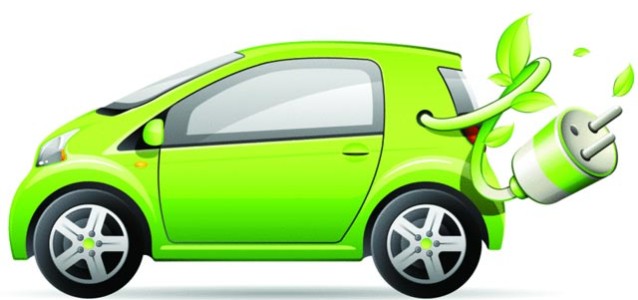Electric cars have their own limitations and they restrict people only for commutes inside the city limits. Electric cars have problems with power, range and turnaround time. Obviously, electric cars have their own benefits. Electric motors have unmatched low-range torque and the car has instantaneous response. Electric car has quicker accelerations and energy is directly translated into movements. One of the advertised benefits of electric cars is the zero emission compared to gasoline and diesel engine. Hydrogen fuel cell is also another technology that promises zero emission. With electric cars, owners are not too worried with increases of gas prices. They could plug their car at night and it is ready to go directly to work or school. Unfortunately, the batteries of electric cars are quite expensive and this could negate much of the cost savings. In this case, we need a middle ground solution and hybrid cars seem to like a perfect union.
Hybrid cars are able to maintain zero emission for commutes within city limits and long-range trips with the standard gasoline engine. The battery can be recharged with wall socket or with the gasoline engine. Hybrids still emit exhaust gasses, but at much reduced quantity. However, multiple studies have shown that Toyota Prius and its hybrid brethrens may not be the environment saviors they have cut themselves out to be. Increased production of electric and hybrid cars have put a huge strain on the remaining lithium supply. A standard hybrid car battery could be up to 150 times larger than laptop battery. It takes much more lithium to allow cars run at acceptable speed and range. Car production alone has consumed more than half of the available world’s lithium supply. This perpetuates the environmental impacts. Lithium ion batteries can be recycled and it would take a lot of energy to extract pure lithium of these old batteries. This may not be a good thing if the energy is provided by conventional power plants that run on coal or natural gas.
At the moment, electric and hybrid cars are still not the ideal solutions that we are hoping for. They only put a small dent to our over reliance on crude oil. Hydrogen fuel cell technology is still expensive and it would still decades before it’s available at affordable rate for average car owners. The unlikely candidate for cleaner cars is diesel models. These cars are no longer dirty sputtering hunk of junks. BMW, Mercedes, Audi and other manufacturers have invested heavily on latest diesel technology. New diesel cars are relatively clean and produce hardly noticeable noises.

